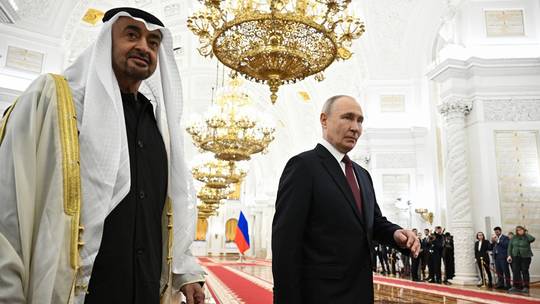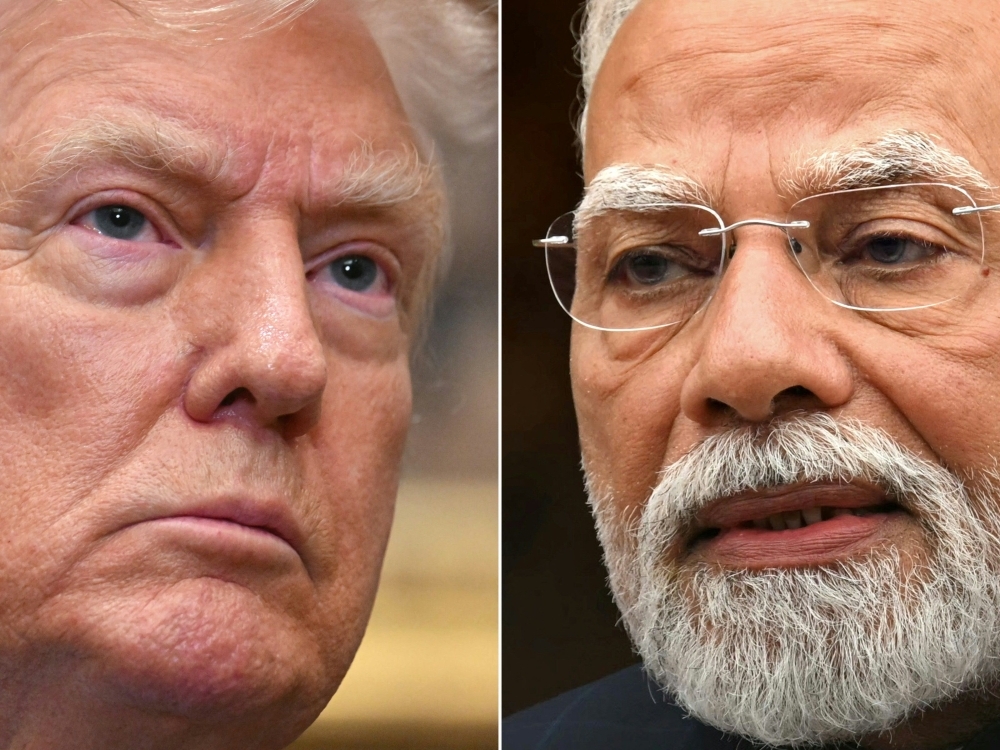Unions are now the enemy of the workers
It’s not the lanyard classes who are hurt by the Tube strike, but those whose taxes pay their wages

The Tube strikes reducing Sadiq’s London to walking pace this week are in many ways atypical. Here is an old-fashioned union representing workers whose roles cannot be performed from the kitchen table or the sofa whilst watching daytime television, and which has been around under various titles for 150 years, shutting down a system almost as old. RMT members are largely working class, though in many cases earn as much or more than private sector white collar workers – and with far more generous pensions.
This industrial action lays bare a widening divide in Britain’s labour market, between staff who can work from home and those now desperately wondering where exactly the Lioness Line or the Suffragette Line or the 27 bus run. As during the pandemic, it’s the latter who are stranded when a minority earning well over the national average salary for a four-day week decides they want more for less.
But it begs a broader question: who do Britain’s trade unions now represent? Romantic Leftists may associate them with coalminers and steelworkers, but a union member is more likely today to be a well-paid, credentialed, white-collar public sector employee. They’re also more likely to be female, and more likely to have a degree or equivalent than non-union members. There are exceptions – RMT and its partner in crime Aslef – but the strikes inflicted on the country when the Tories were in power included ones by barristers, teachers, university lecturers and (naturally) civil servants.
Indeed, unions have enjoyed something of a revival recently, in profile if not in membership numbers. The wave of strikes seen since lockdown have handed them a renewed sense of purpose. Workers are now protected by minimum wages, unfair dismissal laws, and a proliferation of elf and safety rules.
Yet for all these supposed victories, the influence of unions is still on the wane. Labour may be doing its best to reverse this, but the decline is not unique to Britain; on the contrary it is apparent in most OECD countries, many of which already have laws far more favourable to unions. Why? Partly it’s the collapse of manufacturing and extractive industries – now hastened here by Ed Miliband’s net zero zealotry. Partly it’s the fragmentation of work.
But unions themselves should shoulder much of the blame. In a bid to remain relevant they have pushed for ever-greater state intervention in the labour market: higher minimum wages (the TUC is now lobbying for the rate to be raised to £15 an hour). More employment protections. And by agitating for these changes, they have undermined the need for their existence. Unite the Union, for instance, has lost more than 700,000 members since it was formed.
We’re arriving at a point where the state has become the de facto union for much of the workforce. A lot of their work is now being done by over-reaching MPs and the armies of HR staff firms must hire to adhere to their legislation. Employment tribunals tackle individual grievances; thanks to them workers can rest easy in the knowledge online shopping at work is “not grounds for dismissal”.
Around the time membership began to tumble, unions started to abandon their traditional base, increasingly becoming the mouthpiece not of ordinary workers but of the liberal classes, yattering on about Gaza, trans workers and other metropolitan obsessions. They sniffed when members expressed concern over the downward pressure on wages of mass migration, lauding the cultural enrichment and increased GDP it promised. Now, the climate change agenda is throwing up similar tensions, given how many workers will be impacted by the winding down of our oil and gas sectors.
If this sounds familiar, it’s because it’s reflective of the wider antipathy that the modern Left now feels towards the groups they once purported to represent. Labour have haemorrhaged support in the Red Wall, alienating the working class. And that’s before you get to the fact that the policies they advance will have a detrimental effect on employment. Hike up the cost of hiring, and businesses won’t create jobs. Just ask the French, with their unemployment rate 3 percentage points higher than our own.
The unions have picked a side: what began as a movement to empower workers now serves often to inconvenience them. It’s hard to see how they – not to mention the Labour Party – can ever recover their former strengths.
[Source: Daily Telegraph]























/file/attachments/orphans/IMG_9103_429753.jpeg)



























